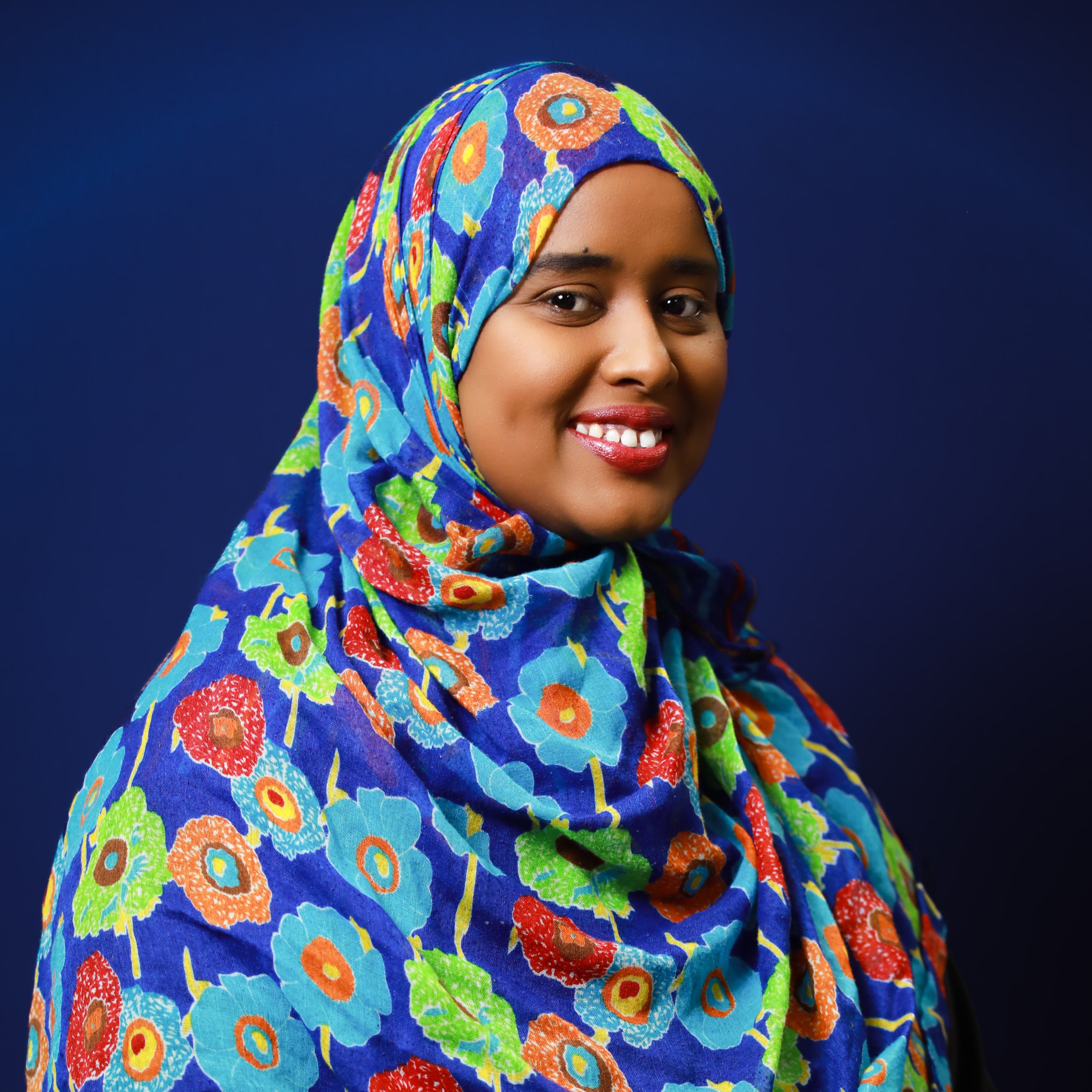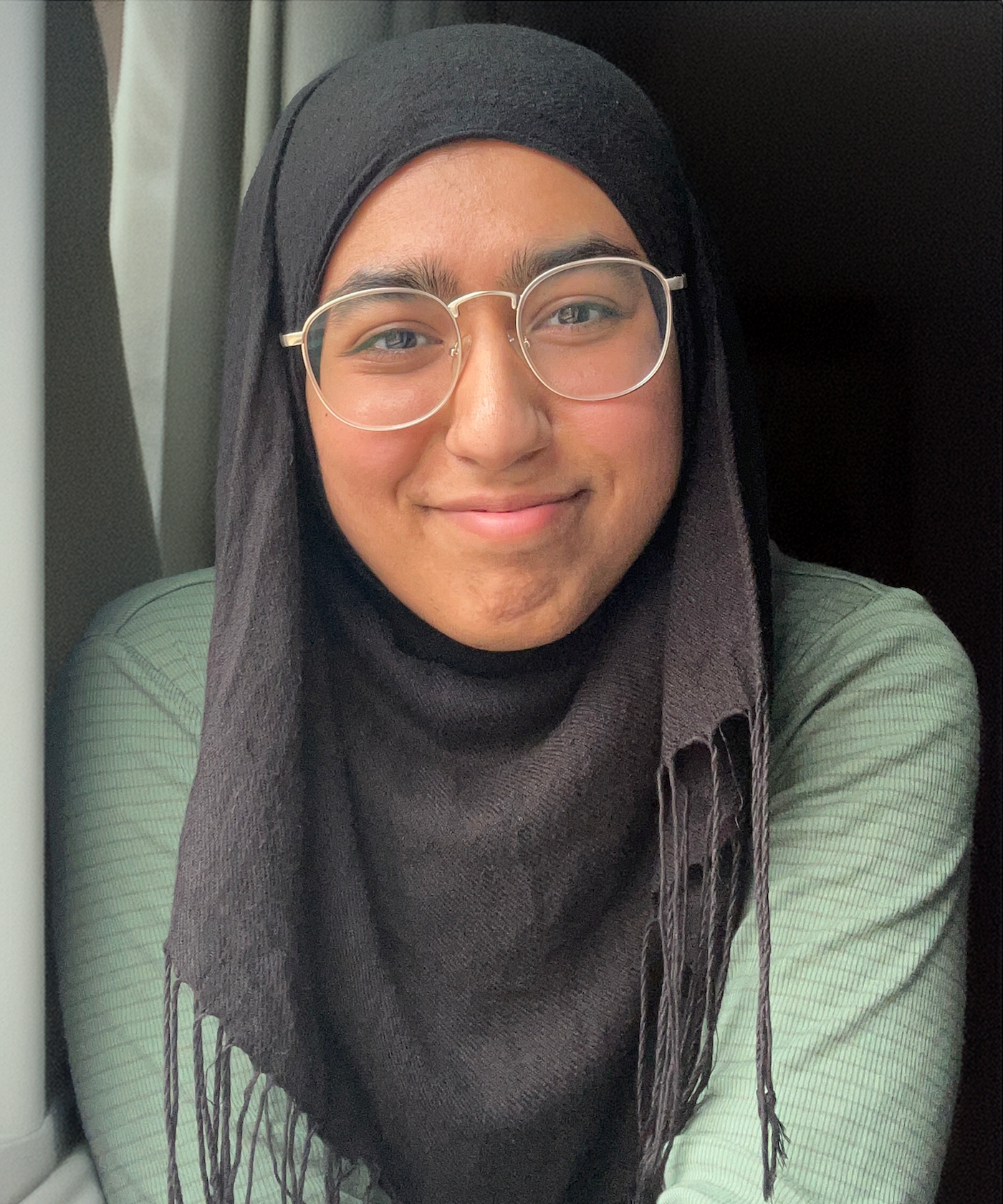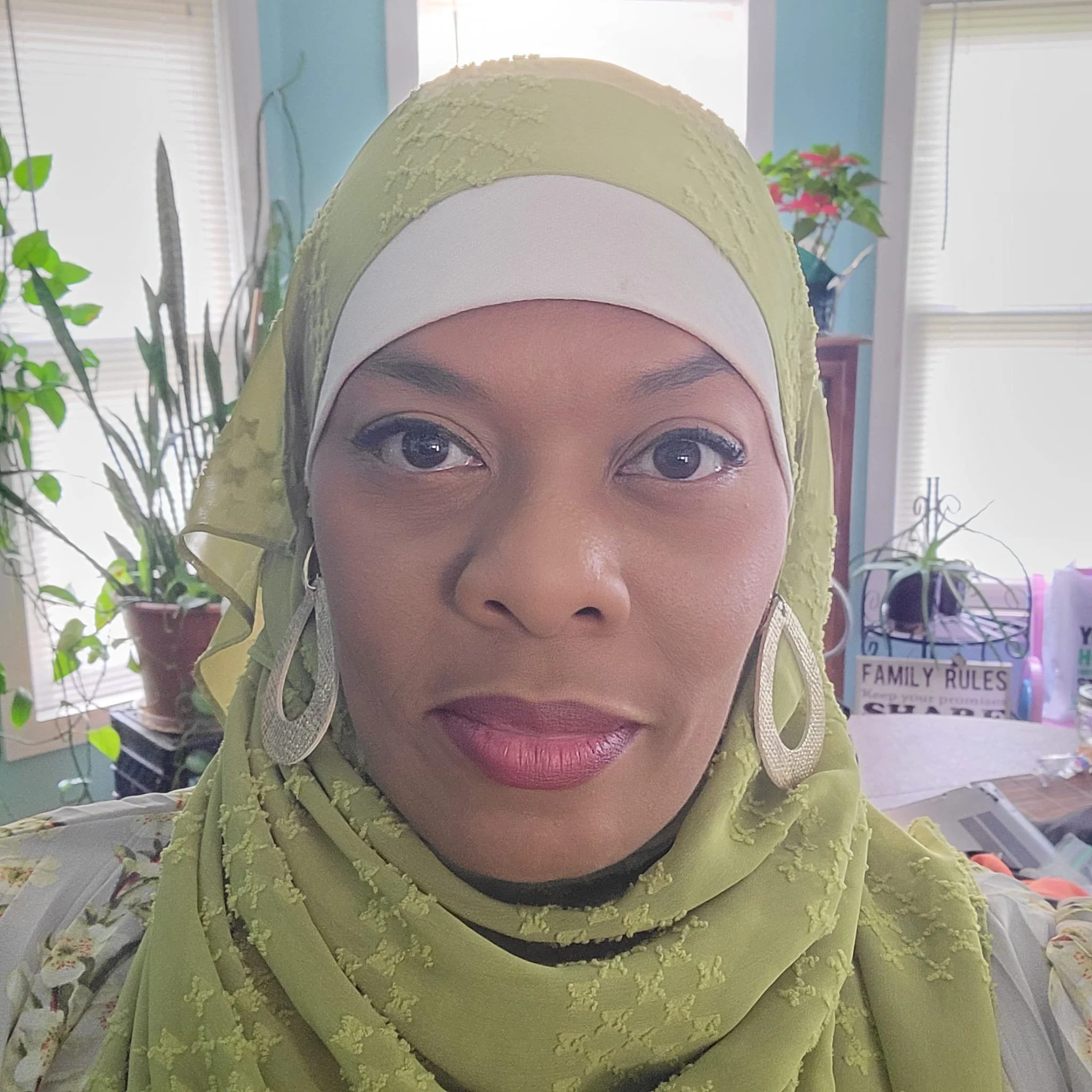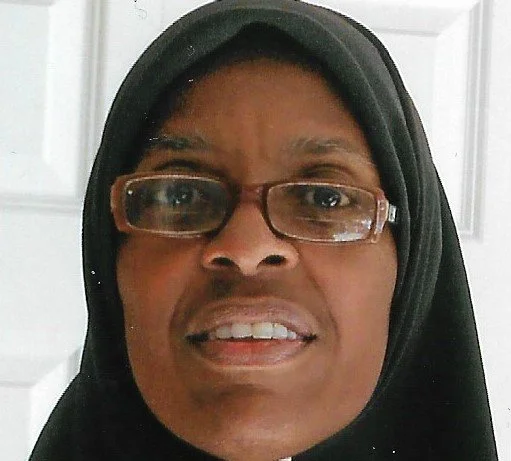Instead, Renee—alongside her wife—stood with other observers and protestors. Surrounded, boxed in, her final words were, “That's fine, dude. I'm not mad at you.” offering even the agents who trapped her a wish for peace. Her courage, her insistence on truth, her commitment to her immigrant white, Brown, and Black neighbors shook something awake in my sister, in me, and in millions around the world.
Read MoreLike many immigrant families, finances weren't discussed openly in our home, particularly with daughters. This cultural silence around money matters extended even to religious financial obligations like zakat. Although zakat is a fundamental pillar of Islam required of all Muslims regardless of gender, the practical aspects of calculating and fulfilling it were not taught to me. This omission reflects a broader pattern where financial acumen wasn't considered essential knowledge for young women. As I entered adulthood, I found myself unprepared not only for basic financial responsibilities but also for properly fulfilling my religious obligations related to wealth.
Read MoreSeeing my parents succeed in their small businesses infected me with the same entrepreneurial bug. From a young age, I wanted to do my own thing and be my own boss. I would pitch my ideas to my mom, and if she liked my pitch, she would lend me a few dollars to get started. I was always a great saleswoman, so I would use her loan to buy stock—clothing, jewelry—and sell it to my friends and my peers.
Read MoreI feel like my mom had many lives and transformed into many people from decade to decade. My mom became a single mother after divorcing, lost some of her children through childbirth, murder, and health conditions, raised two Deaf children and made sure they were educated in American Sign Language and Deaf culture. Yet against the odds, my mother developed into a saintly, streetwise, strong Black Muslim woman who held her family down and prayed for them and cared for so many other people.
Read MoreThe accident left me in the burn center for two months before I was sent to a nursing home in a wheelchair. From 2014 until 2017, I was immobile, spending most of my time in bed with a nurse at my side. For someone who used to go to the gym every day and run 10 miles at a time, this period in my life was awful. I had very little family or community here, so I turned to Masjid An-Nur and Imam Makram El-Amin looking for support. By turning to my faith and my faith community during this time, I finally started to feel like the world was not just beating me up. I stopped feeling sorry for myself and began to accept that Allah was now pulling me closer to Him.
Read MoreMy ancestors were brought to this country from West Africa. Many records were destroyed or not properly maintained, so I might not be able to tell you exactly which country my family originated from, but I know that my family has been mixed race since the 1800s. That doesn’t make me any less African American.
Read MoreWealth is commonly linked to masculinity due to historical expectations of men taking on the role of financial decision-makers, both in the home and in the professional world. I used to shy away from anything to do with finances because I was intimidated by my lack of knowledge on the topic. However, the halal investing space has grown, and the resources are more accessible now than at any other time. There’s no reason for women to stay away from investing and growing their wealth.
Read MoreNo need for my whole Palestinian name,
just use my first and last.
No need to introduce the olive trees
or the destruction on every home,
For those need no introduction;
everyone should already know
of the boys holding slingshots and stones,
and the ice cream trucks with bodies instead of cones.
It’s a conversation beyond old,
But not as old
as Palestinian bones.
As I read my way through the books in my high school library, I saw a stark disconnect between Muslims in the media and the everyday Muslims I saw in my community. Mainstream books skew Islam as either 1) a backward culture that the protagonist must overcome and redefine or 2) a superficial aesthetic in which Arabic or South Asian names and Islamic architecture are used, while everyday practices like prayer, charity, or hijab are foregone. This observation paved the way for Shaherazad Shelves years later.
Read MoreFrom puberty, most books, parents, and teachers prepare us to expect cramps, clots, heavy bleeding, and cycle irregularities as our womanly initiation. The messaging that “normal is whatever is normal for you” has left many of us doubled over in pain, passing out, and debilitated by our time of the month. We are taught to medicate our pain from early on, and particularly challenging periods are often met with another prescription—birth control—though used for non-contraceptive reasons. But what if we saw period pain as any other type of pain—a red flag, a warning, a call for attention? What if we treated heavy period bleeding with the urgency of a hemorrhage? How would we feel about our periods if we saw them as an indicator of our health instead of a nuisance to it?
Read MoreIt was through conversations with fellow Muslim women entrepreneurs that I noticed a trend. Many of us weren't fully utilizing our potential. We hesitated to apply professional business strategies, believing our businesses were too niche. This mindset, I realized, was really holding us back.
Read MoreAll that I know about community care and community service is what I learned from the example of my grandparents and my parents. They taught me that we each have a duty to use our particular talents in service of our people. Since my grandfather was a chef in the navy and my grandmother was a kitchen manager for a nursing home, a major part of their contribution to the community was cooking. They would spend hours in the kitchen preparing meals to give away.
Read MoreMy father taught me to believe that the only real chains are in our minds, and when I went to college at San Francisco State University, I pursued child psychology because I wanted to help break these chains. I took all my general education courses in Black studies, which meant that whether I was studying economics or public health or literature, the curriculum centered the Black community in the U.S. These classes reaffirmed all the lessons that my father had imparted and reinforced my understanding, empathy, and love for my people. Then I started to ask myself, if this is who we are in spite of white supremacy, who would we be outside of an oppressive system? Who could we become?
Read MoreAs an African American Muslim woman, I love uplifting the history of my people, whether it’s at Rabata or in my Qur’an classes or in community spaces. Ethiopia is the first place that Muslims went to seek safety, and Islam spread from there. It’s not a new religion—it’s been solidly established in Africa since its inception.
Read MoreAt that time, the Nation was called the Lost Found Nation of Islam. As I learned more about our history from Imam Muhammad and other teachers and ministers, I realized how fitting a name that was. When we were brought to this country as enslaved people, everything was stripped from us, down to our names. We were a lost people. But through the Nation, we could rediscover our culture, our people, our power. We could remake ourselves and remake the world
Read MoreI know that all of my pain is nothing compared to what those in Gaza are going through. And what they are telling us is that even more than money or food, what they need from us is our voices. I consider it my privilege and my responsibility to raise my voice figuratively and literally. You’ll often find me unable to speak the day after a protest because I’m the one hyping up the crowd and leading chants.
Read MoreI said enough–
of the hecklers and the haters and the
flicked fingers and the Bibi defenders and
the hey hey’s and the ho ho’s and the
occupation that never seems to go because
Genocide Joe–
cares about all the hostages but
the ones in the Open Air Prison.
Yet, beyond the hospital's embrace, I encountered a jarring contrast — a world where compassion intertwined with insensitivity. Friends and family rallied around me, offering the strength to carry out the burial and janazah [funeral prayer] for my precious Asiya Meriam. Their presence during the janazah and the tender care they provided were a lifeline, but the aftermath of my daughter's passing revealed a disparity within my community. Opinions and judgments echoed, casting a shadow on my grief.
Read MoreWhen Muslim women are empowered with the knowledge, confidence, and safe space that they need to become healthier, our entire communities become healthier. As activists, mothers, scholars, aunties, and community leaders, women play critical roles in caring for our communities. When we take care of ourselves, we can uplift all those around us.
Read MoreI’ve never met another Muslim or Bangladeshi woman in this role, so I take my responsibility as a representative of my identities and my culture very seriously. When I studied film, I set out to make stories that people like me can relate to. When a director wants to make their narrative about how Islam oppresses women, for example, I consider it my responsibility to speak up and call out the stereotypes that harm our communities. There’s a misconception that Muslim women don’t have a say, but my voice is always the loudest in any room.
Read More



















